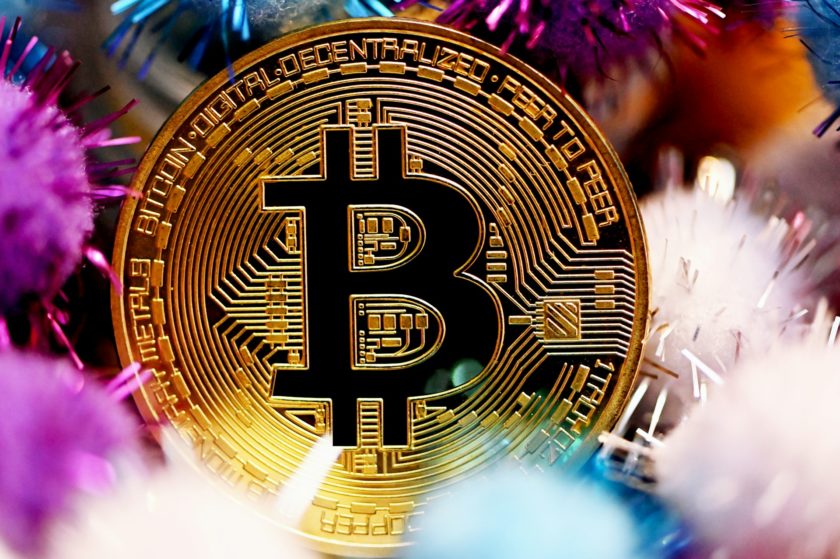Photo: cacamre strear / Flickr
Howard Schultz, former CEO and chairman of Starbucks tweeted that he is considering running in the 2020 US presidential elections. His announcement caused jitters among the Democrats who fear that he might erode some of their support if he runs. He said:
“I love our country, and I am seriously considering running for president as a centrist independent.”
The announcement resulted in many critical responses. A majority of the commentators argue that an independent candidature would minimize the likelihood of a successful Democratic win. Thus, a second Trump presidential term would become imminent. In the crypto world, a Schultz candidacy would create a complex scenario.
What’s in It for Bitcoin?
While his presidency would be free of revenge politics, how does it affect Bitcoin industry? On previous occasions, Schultz has commented about Bitcoin publicly, calling it illegitimate. He stated:
“I don’t believe that bitcoin is going to be a currency today or in the future.”
As a solution, he thinks another non-Bitcoin crypto can become the currency of the future. However, for the digital currency to gain mass trust and adoption, it must have legitimate ties to a traditional institution. It also must be well structured. The ex-Starbucks boss may not like Bitcoin, but he has few problems with the underlying blockchain technology.
Blockchain is proving viable in real life user cases and has even been embraced in China even though cryptos are banned there. Schultz also added that Starbucks could in future integrate blockchain technology into its mobile app.
“I think blockchain technology is probably the rails in which an integrated app at Starbucks will be sitting on top of.”
His reluctance with Bitcoin matters originates from the lack of faith in digital currencies that has existed for years. But, cryptocurrencies are gradually changing from just an internet fad to becoming more serious global financial systems contenders. A perfect example is the case of Bitcoin’s acceptance as a tax payment means in Ohio.
Reclaiming the Power
Schultz is frustrated with the current two-party situation. Thus, he will run as an independent if he chooses to do so. The constant fights between the democrats and republicans are hurting the American people considerably. He told 60 Minutes:
“We are living at a most-fragile time. Not only for the fact that this president is not qualified, but the fact that both parties are consistently not doing what is necessary on behalf of the American people.”
These inadequacies have prompted and fuelled interest in politics for Schultz.
Starbucks and Cryptocurrencies
In a Starbucks’ Q1 2018 earnings transcript published last Jan. 26, Schultz made extensive remarks about his view of cryptocurrencies. He commented on Bitcoin and all other blockchain-based digital currencies. The ex-Starbucks CEO was speaking in the context of what he termed as the entrepreneurial DNA of Starbucks. He thinks that the company should constantly have the insatiable curiosity to see in the long-term and make huge bets.
Schultz stated:
“I am bringing this up because as we consider the future of our company and the future of consumer behaviour trends, I personally think that there will be a one or a few legitimate, trusted digital currencies operating off of the blockchain technology. And that authenticity and trust in terms of its consumer application will have to be legitimized by a brand in a brick-and-mortar environment.”
However, he confirmed that Starbucks is not making an in-house digital currency or investing in the technology. But, he believes the company can benefit from a future dominated by consumer-focused blockchain-based digital currencies. Last year Starbucks publicly refuted media reports that had claimed its involvement in the Bakkt project.
A US high-profile Democrat senator, Elizabeth Warren, announced her 2020 presidential bid. She is a vocal ICO skeptic. Conversely, as we reported earlier, Bitcoin Bull John McAfee also announced his presidential bid. Thus, the 2020 presidential elections could play a pivotal role in the growth of censoring of the cryptocurrency industry.




